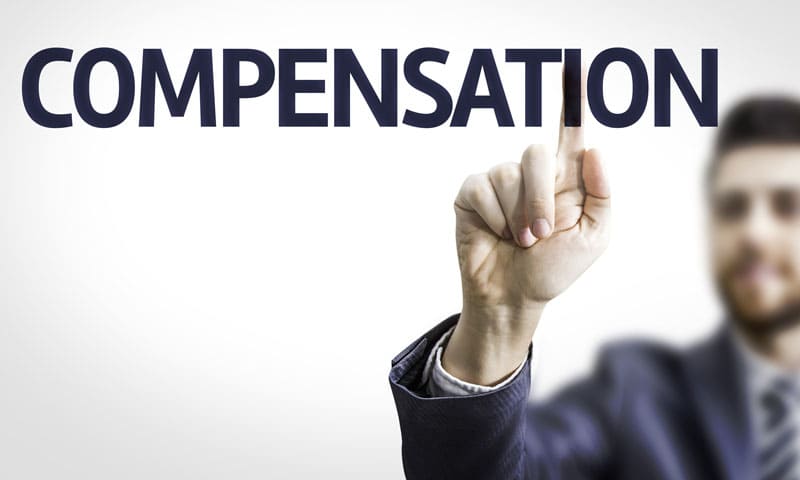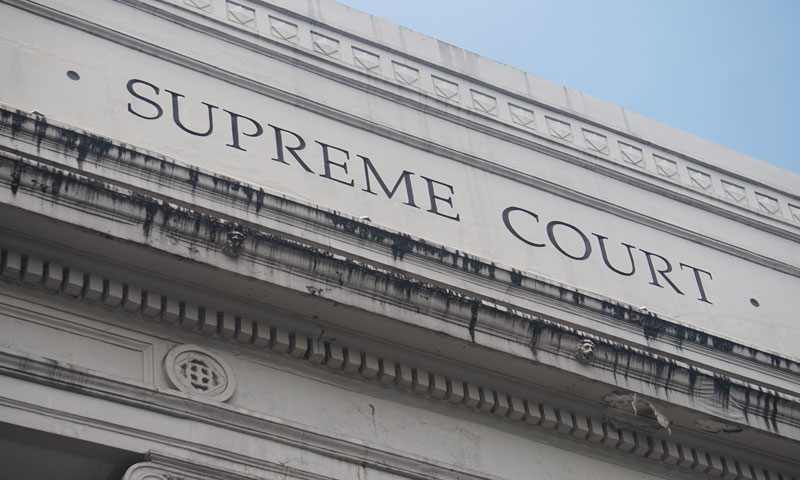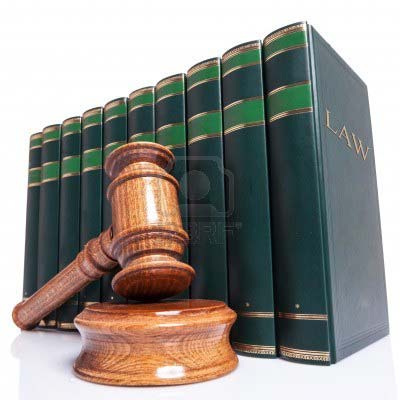According to a recent study conducted by Robert Jones, associate professor of law at Northern Illinois University College of Law, law schools in the United States have experienced a decline in their academic reputation scores over the past 25 years. Jones analyzed data collected from U.S. News & World Report rankings from 1998 to 2022, shedding light on the changing perceptions of law schools among professors.
The study revealed that out of the total aggregate of law schools surveyed, only 15.1% reported an increase of 0.3% or more in their academic reputation scores. In contrast, nearly half of the schools witnessed a decline in their scores. This finding raises questions about the factors contributing to this trend and the competitive nature of the legal education market.
Jones believes that the decline in reputation scores can be attributed to the competitive landscape law schools operate in. With schools vying for top professors, attracting students, and securing resources, they also compete in terms of outcomes such as bar passage rates and employment prospects. The rankings themselves play a significant role, as improvements in a law school’s ranking often come at the expense of other institutions.
Furthermore, Jones argues that law schools cannot afford to be excessively lenient or generous when assessing their peers. They have a vested interest in maintaining exacting and demanding standards as they evaluate other law schools. This approach ensures that their own institution’s reputation remains strong.
Advance your legal career and achieve your professional goals – sign up for LawCrossing now.
Jones also discovered a correlation between a law school’s academic reputation scores and the number of applicants it receives. If the number of applications declines, the scores also tend to diminish. Conversely, when applications increase, the scores are more likely to rise. While not a perfect correlation, this trend suggests that academic reputation scores’ future depends on broader developments in the legal education landscape.
In a previous analysis conducted in 2013, Jones compared academic reputation scores determined by academics with those agreed upon by judges and practitioners. The results revealed a considerable disparity between the two groups, with judges and practitioners assigning significantly higher scores than academics. Only a small number of law schools managed to raise their academic reputation scores by 0.3% or more, whereas a substantial 48% of the data set experienced improvements in their judge/attorney scores during the same timeframe.
To address the challenge of improving academic reputation scores, Jones suggests that smaller law schools consider merging or affiliating with larger universities that have established name recognition. Additionally, law school leaders should engage in conversations with counterparts at institutions that have successfully raised their scores over the past 25 years. These conversations may yield valuable recommendations that can be implemented on both short- and long-term bases.
As the legal education landscape continues to evolve, understanding the dynamics of law school reputation scores becomes crucial for institutions seeking to enhance their standing. The study by Robert Jones provides valuable insights into the competitive nature of legal education and the complexities of academic reputation assessments. By identifying trends and exploring strategies for improvement, law schools can adapt to the changing environment and strengthen their positions in the field.
Don’t be a silent ninja! Let us know your thoughts in the comment section below.










































